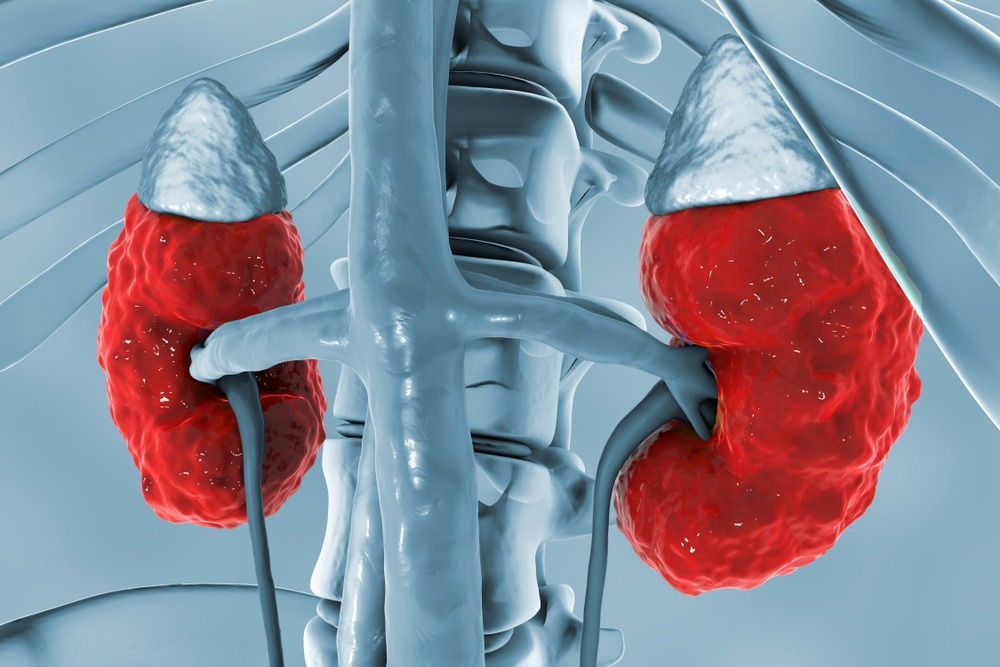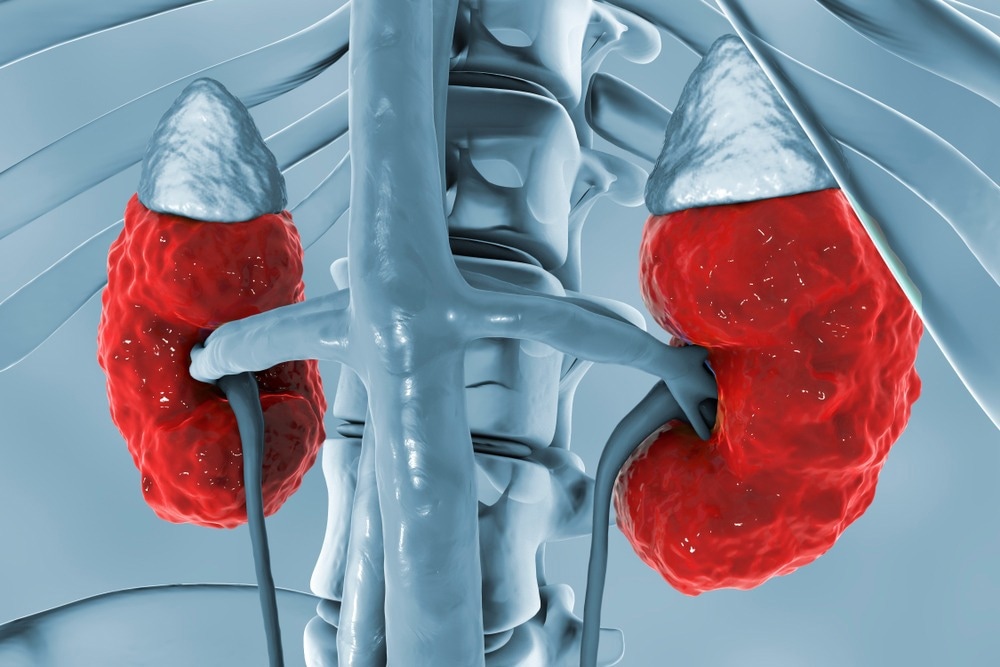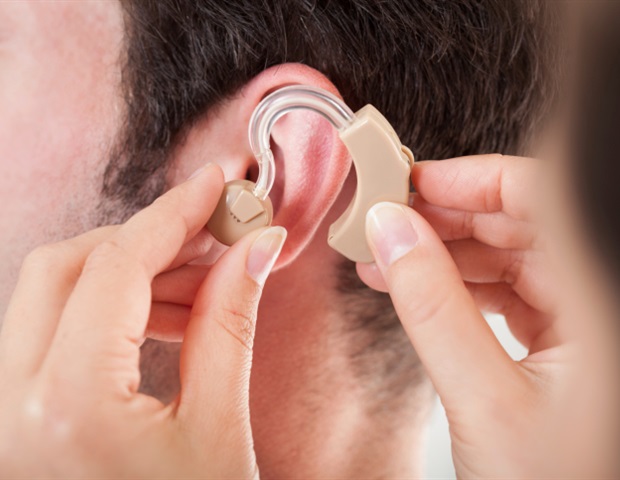
In a recent study posted to the Research Square* preprint server and under review at BMC Nephrology, researchers assessed the self-management practices of chronic kidney disease patients during the coronavirus disease 2019 (COVID-19) pandemic.


Background
Chronic kidney disease (CKD) is characterized by abnormalities in the structure or function of the kidneys that persist for at least three months and have serious health repercussions. The COVID-19 pandemic is reported to have led to many significant modifications in the treatment delivered to CKD patients in Turkey. Long-term CKD therapy management requires a high level of patient engagement as well as interest in decision-making and care execution.
During the pandemic, it was observed that social isolation, healthcare disruptions, and lockdowns impacted therapy and management, with a lack of follow-up potentially leading to patient adversity. Hence, the importance of CKD patient self-management increased during the COVID-19 pandemic.
About the study
In the present study, researchers investigated the variables that can influence self-management in patients receiving hemodialysis (HD) as well as kidney transplant (KTx) patients during the COVID-19 pandemic.
The study population comprised CKD patients who sought therapy or follow-up at the Nephrology Clinic of Ibn-i Sina Hospital, Ankara University. These participants met the inclusion criteria of KTx or receiving HD. Participants were informed of the study’s goal and the researchers’ qualifications.
From July to December 2021, semi-structured face-to-face interviews were used to collect data using a qualitative approach. Three authors devised the interview guide after evaluating pertinent literature and investigating the effects of prior pandemics on the disease management behavior of chronic patients. The framework analysis was implemented in six steps: (1) transcription, (2) familiarization, (3) coding, (4) framework application, (5) data charting, and (6) data interpretation.
Results
Interviews were conducted with 18 KTx patients and seven patients receiving HD. The patients who were interviewed included nine women and 16 men. The average age of the patients was 44.7 years. The study results revealed the perceived susceptibility because of severe acute respiratory syndrome coronavirus 2 (SARS-CoV-2) infections, the perceived severity of SARS-CoV-2 infections, the perceived obstacles to self-management behavior, the perceived advantages of self-management, cues to action, and self-efficacy.
Most participants were aware of COVID-19 symptoms and believed that receiving a KTx or HD would raise the probability of suffering from more severe SARS-CoV-2 symptoms. Patients reported feeling vulnerable to the exacerbated COVID-19 symptoms. The more severe participants judged COVID-19 to be, the more likely they were to engage in self-management. The team found two subthemes influencing the participants’ perceptions of COVID-19 severity. Participants also emphasized that they had to deal with a persistent sense of impending death due to COVID-19.
Patients with negative memories, such as kidney transplant rejection, were more likely to perceive COVID-19 as severe. Furthermore, the loss of loved ones or friends because of COVID-19 affected the perception of COVID-19 severity. Some patients disclosed that they had to postpone or cancel their routine hospital visits out of concern about contracting COVID-19. This resulted in a disturbance in their treatment, and they thought they were unsuccessful in self-managing the treatments.
Participants reported that, after years of living with CKD, they feel more in control and capable of handling negative circumstances and challenges in evaluating care paths and facilities. The subsequent subthemes illustrated the participants’ perspectives on the external and internal causes that motivate their self-management actions. Participants said that receiving moral strength from their families, relatives, and employers assisted them in coping with the pandemic’s impact on their health.
As their work performance suffered due to COVID-19, some employed subjects expressed the need for a supportive approach with respect to flexible working hours. During the pandemic, one’s motivation to develop self-management behaviors was influenced by their impression of the disease. Patients who perceived themselves at a greater risk felt obligated to adhere to COVID-19 preventive practices and follow a healthy lifestyle.
Conclusion
The study findings showed that CKD patients believed they were prone to severe harm due to COVID-19 and have expressed dread of death. Internal and external patient care route elements may influence the self-management behavior of CKD patients. This study underscores the need for healthcare teams to consider patient diversity and their respective requirements while establishing therapeutic regimens. In the event of emergencies such as COVID-19, policymakers should set protocols and recommendations for persons with chronic diseases and ensure that patients have full access to treatment and lifesaving resources.













;Resize=(1200,627)&impolicy=perceptual&quality=medium&hash=ffc1454d457b5dc4dc99bc2a5e2dc84350c64124a01066f8cc8ed7876dce5a21)